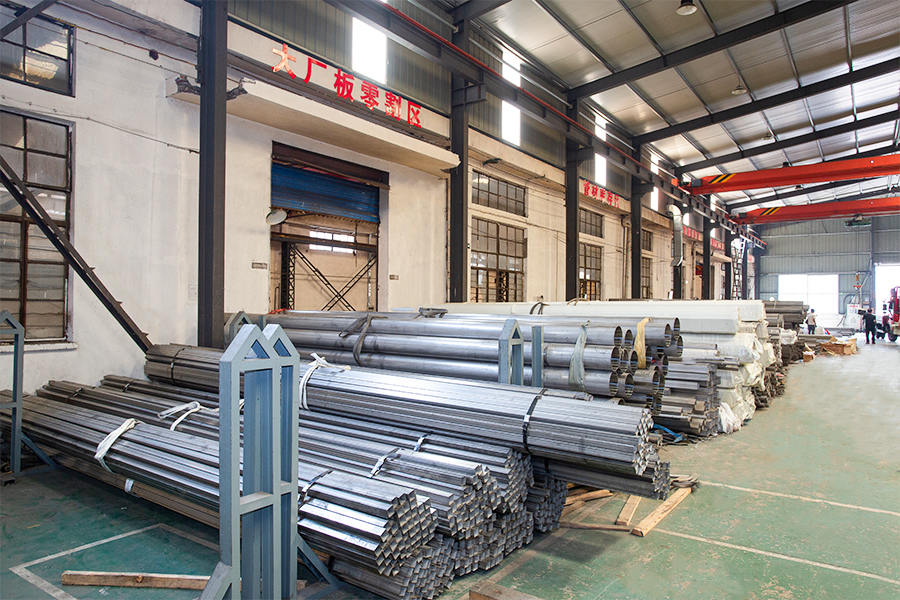Stainless steel pipes do need regular cleaning and maintenance, and this practice can extend their service life. The following is a detailed explanation of this point of view:
During the use of stainless steel pipes, dirt, sediment or bacteria may accumulate for various reasons. These impurities not only affect the smoothness of water flow in the pipe, but also may pollute the water quality, produce odors, and even breed harmful bacteria. Therefore, it is very important to clean and disinfect stainless steel pipes regularly.
Although stainless steel pipes are corrosion-resistant, the dirt and sediment accumulated over a long period of time may contain corrosive substances, causing corrosion to the pipes. Regular cleaning can remove these corrosive substances and protect the surface of the pipe from damage.
The accumulation of sediment and dirt may cause the inner diameter of the pipe to shrink, affecting the smoothness of water flow. Regular cleaning can remove these obstacles and keep the pipe unobstructed.
Through regular cleaning and maintenance, potential problems of the pipe, such as scratches, dents, cracks, etc., can be discovered and repaired in time. These repair measures can prevent the problem from getting worse, thereby extending the service life of the stainless steel pipe.
Precautions for cleaning and maintenance of stainless steel pipes

Choose the right cleaning agent: Avoid using strong acid and alkali cleaning agents as they may corrode stainless steel pipes. It is recommended to use a neutral cleaning agent or a special stainless steel cleaning agent for cleaning.
Avoid using hard tools: During the cleaning process, avoid using hard tools such as metal brushes to avoid scratching the surface of stainless steel pipes. It is recommended to use a soft nylon brush or sponge for cleaning.
Ensure water safety: Before cleaning and disinfection, ensure water safety to avoid water pollution caused by cleaning and disinfection.
Regular inspection and maintenance: In addition to regular cleaning, stainless steel pipes should be regularly inspected for any damage or corrosion. Once a problem is found, it should be repaired or replaced immediately.
Stainless steel pipes require regular cleaning and maintenance, and this practice is important for extending their service life. By following the correct cleaning and maintenance methods and precautions, you can ensure that stainless steel pipes maintain good performance and safety during long-term use.


 English
English русский
русский عربى
عربى 中文简体
中文简体
